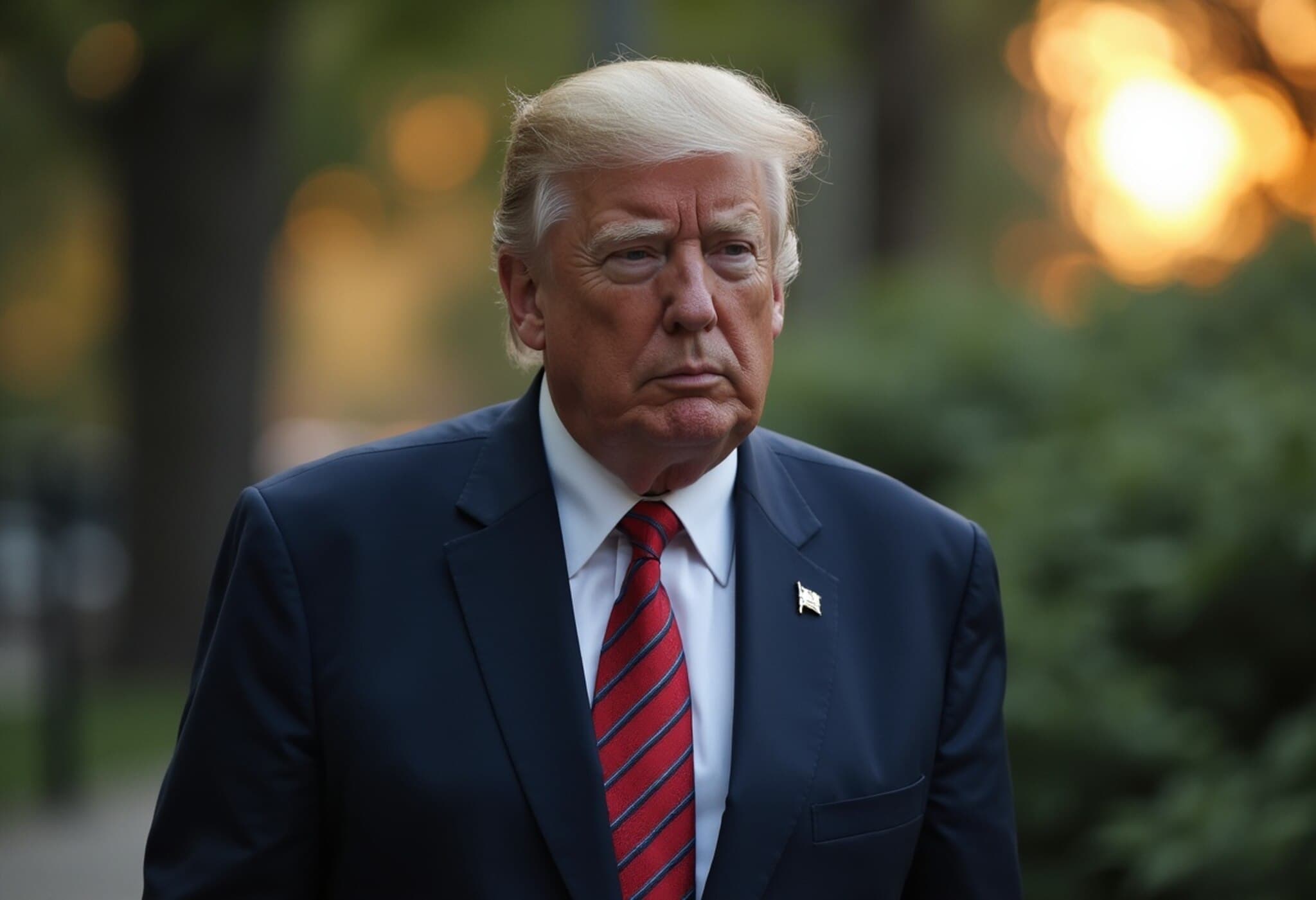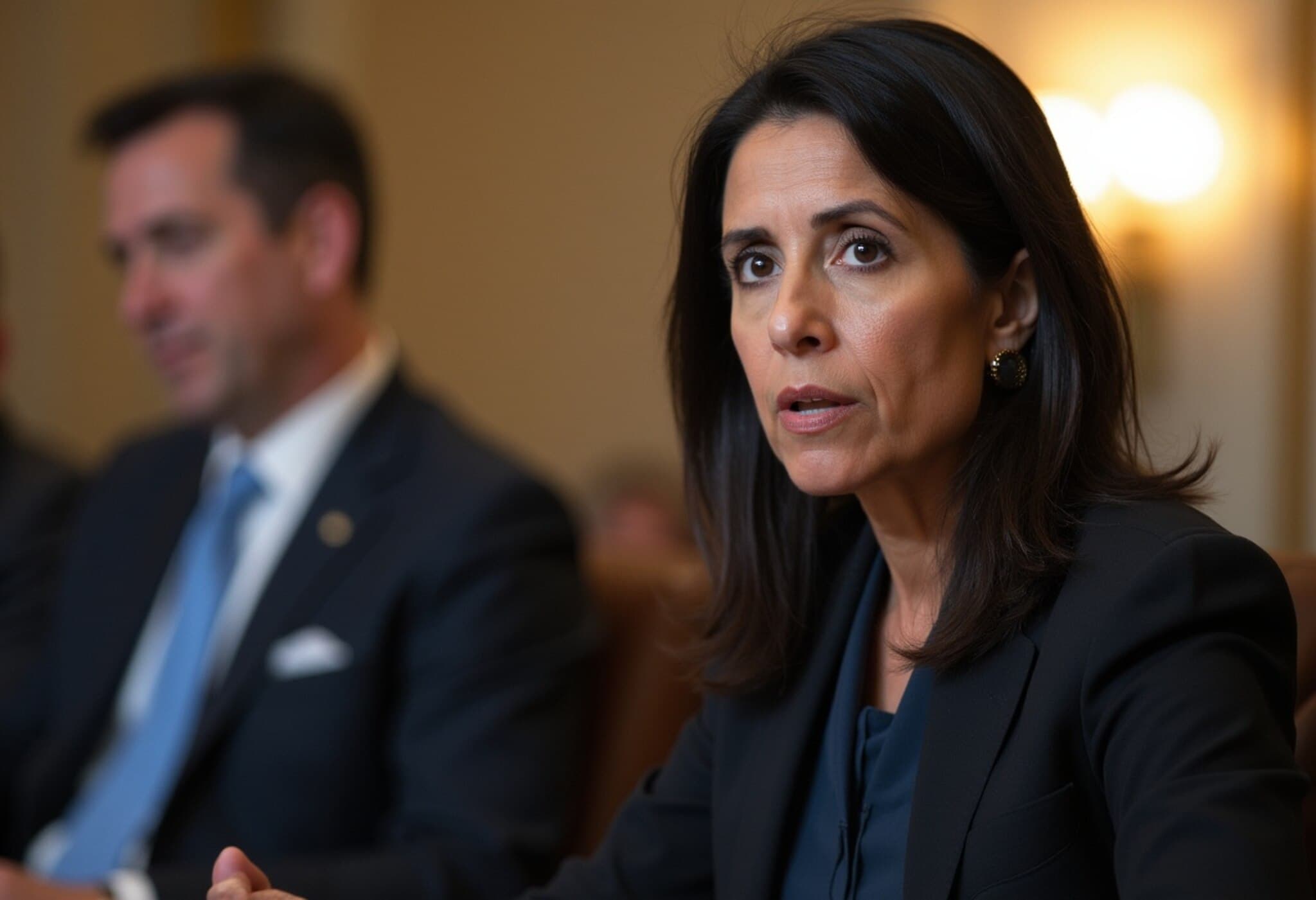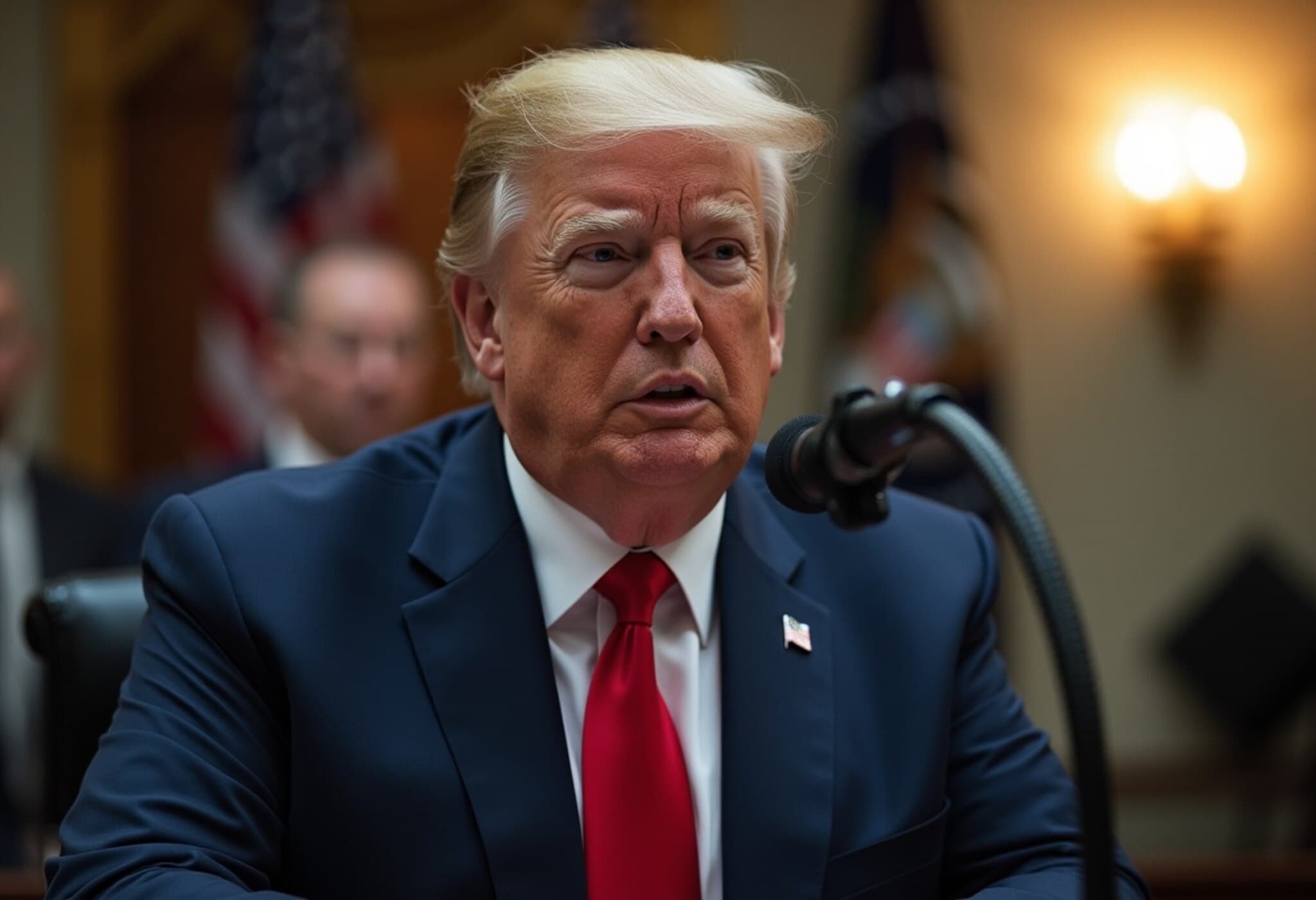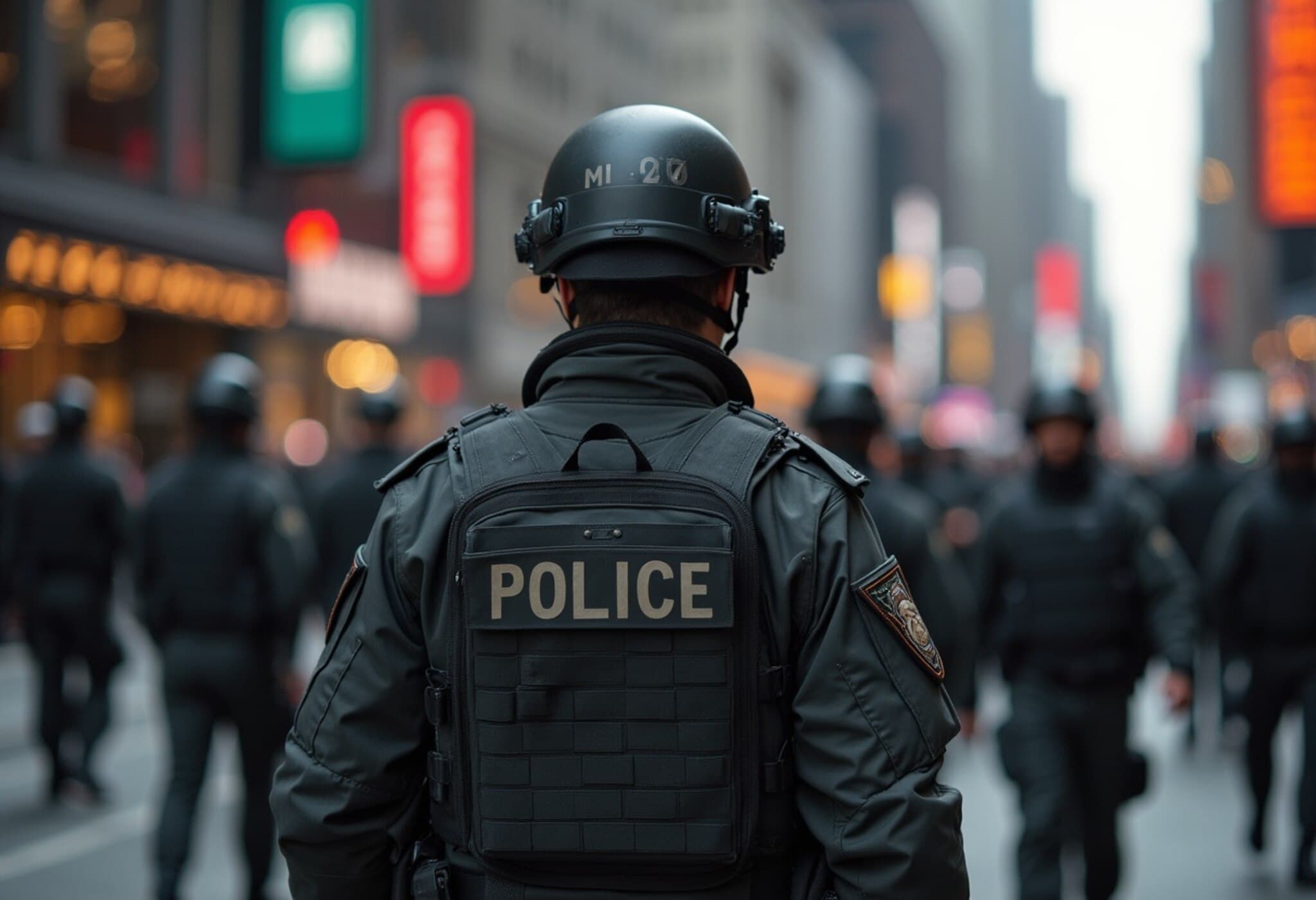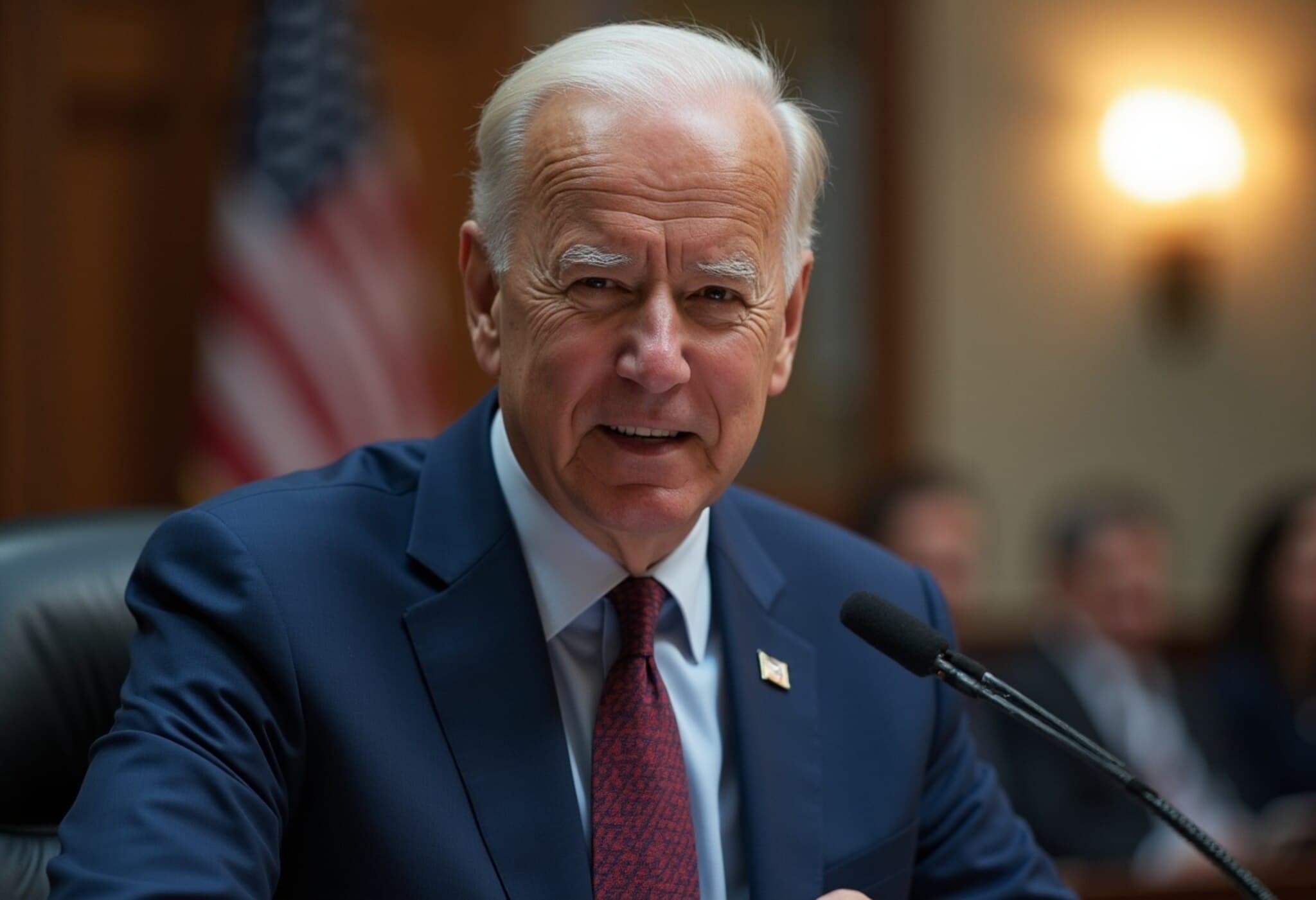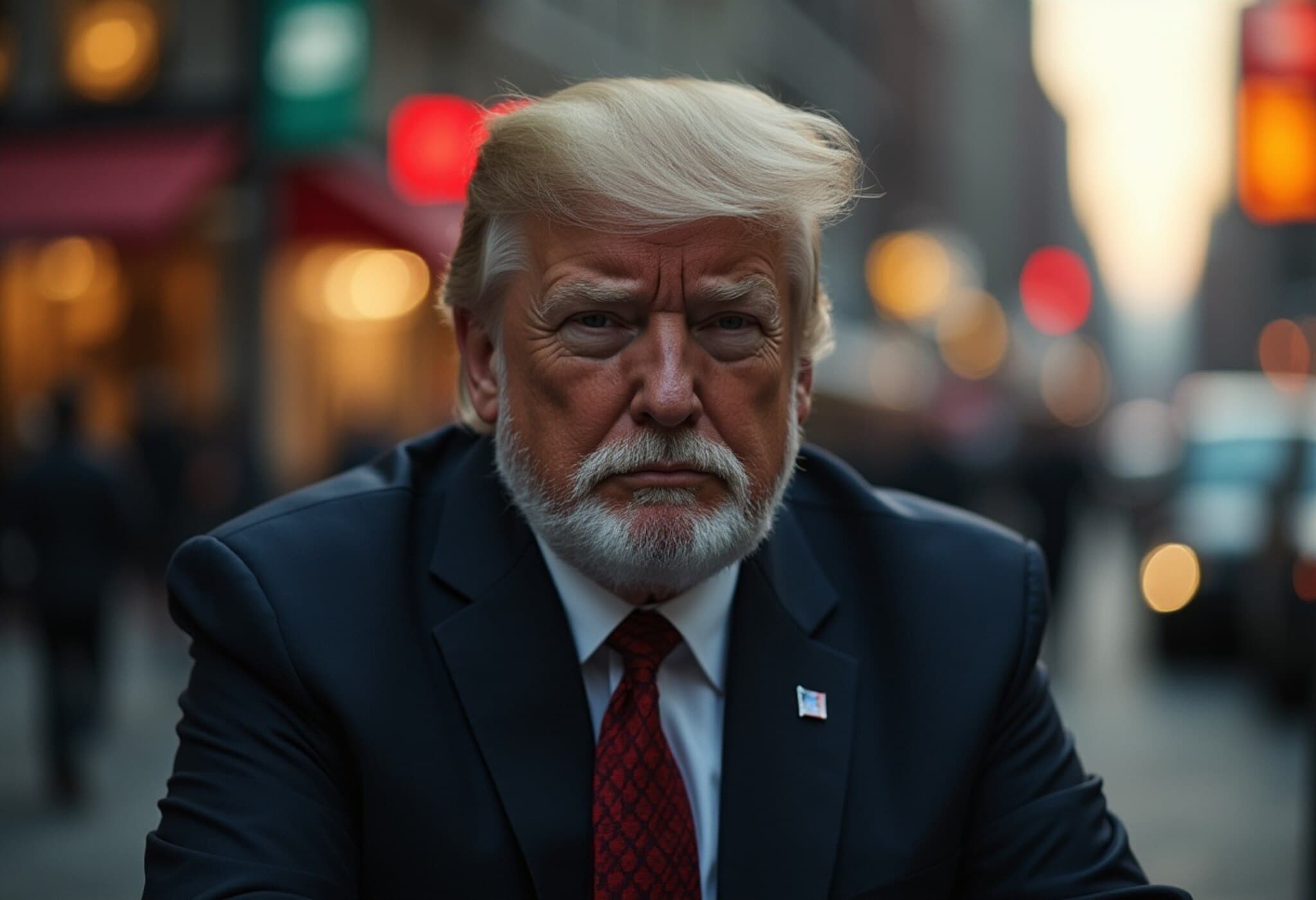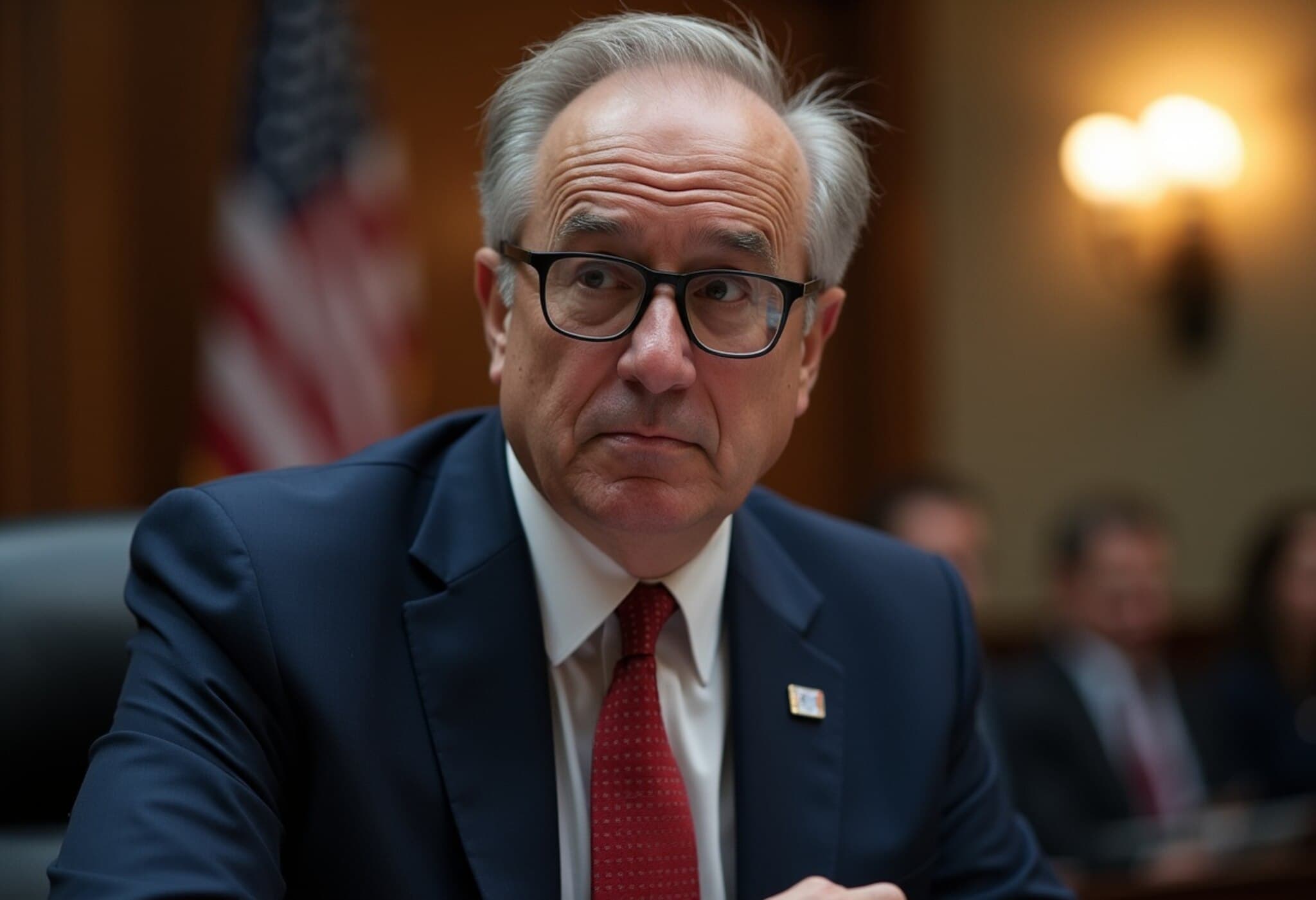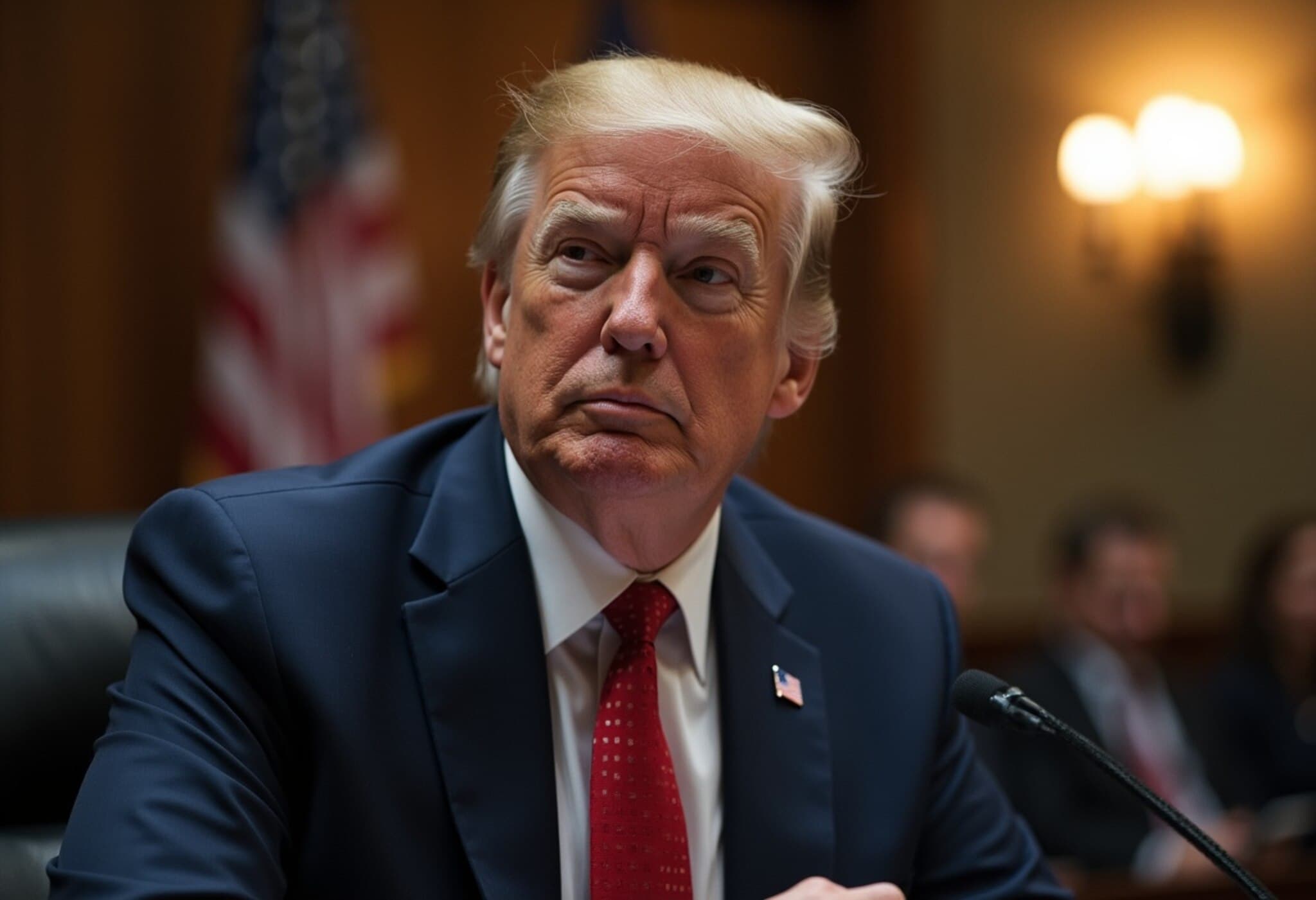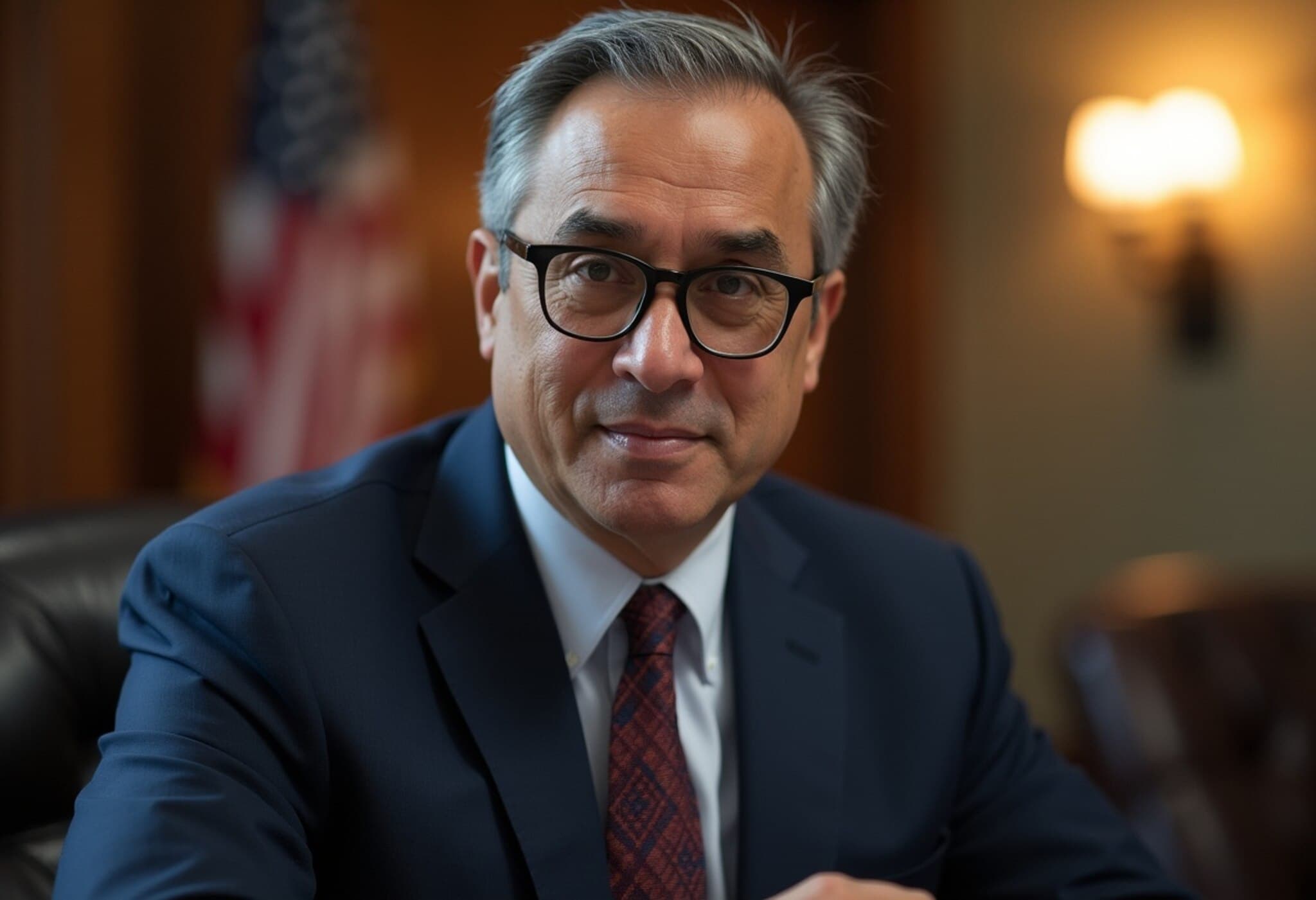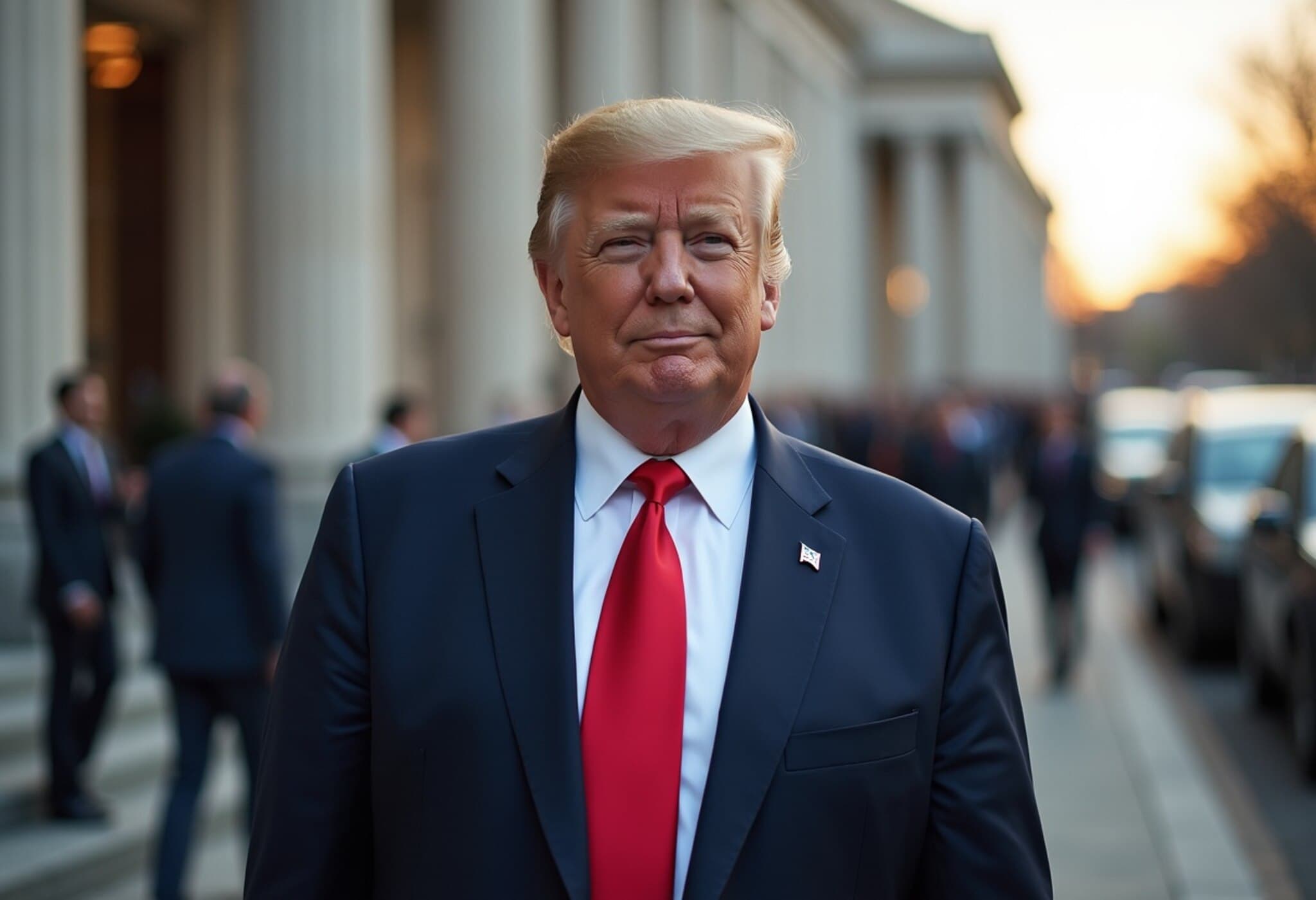FBI’s Intensified Polygraph Program Raises Concerns Over Staff Loyalty Testing
Since Kash Patel took the helm as Director of the Federal Bureau of Investigation (FBI) in early 2025, there has been a noticeable shift in the bureau’s internal culture and oversight practices. According to a detailed report by The New York Times, the FBI has ramped up its use of polygraph tests, not only to safeguard national security secrets but also to assess the loyalty of its own employees.
Polygraph Exams Targeting Criticism of Leadership
Sources familiar with the matter reveal that dozens of FBI officials have undergone lie detector tests that probed sensitive areas, including whether employees had spoken negatively about Director Patel himself. Senior personnel were reportedly questioned during these polygraph sessions about any critiques they might have voiced regarding Patel or his deputy, former congressman Dan Bongino.
In a particularly unusual internal investigation, polygraph tests were employed in an attempt to identify a staff member who leaked information about Patel’s request for a service weapon—a move uncommon for someone without an agent background. This leak investigation underscores the heightened sensitivity within the bureau regarding dissent and internal leaks under Patel’s leadership.
Expert Critique: A Shift Toward Political Loyalty Over Constitutional Commitment
Many former FBI officials express alarm that these loyalty screenings constitute a politically motivated strategy, undermining the bureau’s foundational oath to the U.S. Constitution. James Davidson, a veteran agent with 23 years at the FBI, emphasized, “An FBI employee’s loyalty is to the Constitution, not to the director or deputy director.” He further criticized Patel’s apparent hypersensitivity, suggesting that it compromises the organization’s integrity.
Such practices appear to create an atmosphere where voicing dissent risks professional repercussions, fostering fear and distrust among agents who once operated with a degree of independence in service of national interests.
Ongoing Bureau Restructuring and Its Fallout
The stewardship of Patel and Bongino has coincided with significant personnel changes, including the exit or reassignment of approximately 40% of field office leaders. Some leaders, wary of reprisals linked to the agency’s new direction, have left proactively.
- High-profile departures include Tonya Ugoretz, a senior intelligence official sidelined after retracting a contested tip concerning alleged Chinese interference in the 2020 U.S. presidential election.
- Other experienced agents have retired shortly after Patel’s confirmation, reflecting unease about the bureau’s shifting priorities.
Meanwhile, key promotions have favored individuals closely aligned with Patel and Bongino. Will Rivers, previously head of the security division, now serves as the FBI’s third-ranking leader, reinforcing the new leadership’s influence. The appointment of Jake Hemme, a relatively new agent, as Patel’s deputy chief of staff for policy further signals the agency’s reorientation.
Internal Turmoil and Weaponized Polygraphs
Numerous agents have faced loyalty-focused polygraph tests, some being thrust into these examinations amid work disruptions such as being placed on leave and then recalled solely for testing. This has contributed to a charged and hostile internal environment characterized by suspicion and concern over retaliation.
A high-profile case involved Michael Feinberg, a senior agent in Norfolk, who was compelled to take a polygraph because of his friendship with Peter Strzok, a former counterintelligence agent dismissed for politically charged communications. Feinberg subsequently resigned, publicly criticizing the agency’s shift towards ideology over merit.
While some argue these targeted polygraph questions might serve as control measures to establish baseline responses, the overarching perception is one of increasing politicization and paranoia within the FBI hierarchy.
Kash Patel’s Sensitivity to Criticism
Kash Patel’s reaction to scrutiny extends beyond internal affairs. He has reportedly pursued legal action against several critics, including a $75,000 defamation lawsuit against an MSNBC contributor who alleged he prioritized nightlife over work. Patel has denied such claims, despite reports of his membership in exclusive social clubs.
Expert Analysis: What This Means for the FBI and National Security
The FBI’s shift towards loyalty-enforced polygraph testing reflects a broader tension between political appointees’ efforts to consolidate control and the agency’s mission to operate apolitically. This evolution raises critical questions about morale, institutional independence, and ultimately, the effectiveness of the bureau in confronting complex threats.
From an American policy perspective, the enforcement of loyalty through polygraphs could erode the professional ethos of intelligence and law enforcement agencies. When agents prioritize organizational allegiance over objective investigation, the risk of politicized or compromised operations increases dramatically.
Moreover, the exodus of seasoned personnel may result in a dangerous loss of expertise at a time when intelligence capabilities are paramount to counter foreign interference, cyber threats, and domestic security challenges.
Looking Ahead: Challenges Facing the FBI
- Balancing loyalty and independence: The agency must reconcile demands for allegiance with its constitutional responsibility to operate without political bias.
- Rebuilding trust: Internal morale and external public confidence hinge on transparent and fair leadership.
- Maintaining expertise: Retaining veteran agents is crucial for effective law enforcement and national security.
Editor’s Note
The FBI’s renewed focus on polygraph examinations as a tool for loyalty oversight offers a revealing glimpse into the evolving dynamics of power within one of America’s most critical intelligence institutions. While safeguarding secrets is essential, using lie detectors to vet internal political allegiance touches upon fundamental questions about the bureau’s integrity and the future of impartial justice enforcement in the U.S.
Readers are encouraged to consider the delicate balance between organizational loyalty and dedication to constitutional values — a balance pivotal to democratic resilience at a time when national security challenges demand unity without uniformity.


